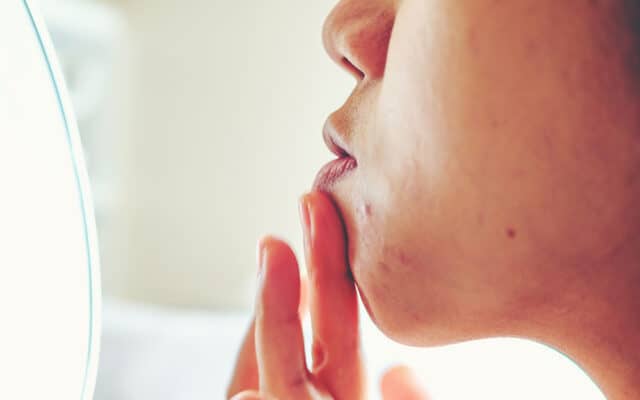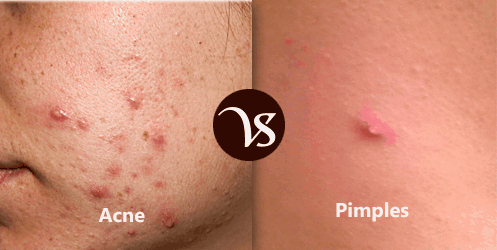
There is quite a difference between a pimple and a zit. They both are pretty much caused by the same things, but there are subtle differences that may lead to different treatment options.
The best way to answer this question is by explaining how bacteria, or P. acnes, can cause acne. This bacterium normally lives inside your pores, making sure that your pores are clear and bacteria free. However, it can overgrow in an area, causing the skin to clog up.
When the clogged pores begin to open up, they produce pus. The pus from the zit is usually white, but it also has the characteristic of being red. This is caused by excess blood in the area, which then causes the push to expand. This process can occur in an hour or two, or it can take several weeks.
Acne zits, on the other hand, typically develop in response to a certain skin infection, although some have become pimples after having a bout with an infection. In most cases, zits are very obvious – they will usually have a hard exterior and an even softer interior. They often occur in clusters of multiple small zits, which are often covered with white, scaly skin.
A zit may be caused by bacteria entering through the skin, or it could be the result of an infection that doesn’t get properly treated. Either way, a zit will usually have pus, which will help to form an image of a pimple.

Zits can be treated in a variety of ways. If you choose to use over-the-counter medications, such as benzoyl peroxide, you should be sure to follow the instructions carefully. If you don’t follow the directions, you could cause more harm than good, and end up with an infection or worse.
Acne treatments can also include a cream that can be used to treat a zit and a pimple, but this option can sometimes backfire. {and cause the same problem. over-the-counter creams often contain ingredients that are harmful to your skin. and can cause permanent damage to it.
The best thing you can do for yourself if you are wondering what is the difference between a zit and a pimple is to see your dermatologist. They can tell you whether or not your zit is actually a pimple or if it is simply a clogged pore. If it’s the former, they can help you find a treatment that will not only treat the zit but the source of the clogged area.
A zit usually goes away on its own. However, some will remain for a much longer period of time. It is possible to make them go away entirely by applying a topical retinoid to the affected area. You should always remember that the first thing your dermatologist will do when treating a zit is to try to determine whether or not it is a zit or pimple.
If you have a question, it’s important to remember that both a zit and pimple are essentially the same thing. except that the former is usually red, while the latter is white. Most of the time, a zit will not cause permanent damage to your skin.
As long as you’re not experiencing any severe pain, the difference between a zit and a pimple is basically cosmetic. They look exactly the same, so the real distinction is just in how they affect you!
Zits, of course, can be a little harder to treat, but not impossible. However, some of them will require a more aggressive form of treatment. When choosing an acne medication, you will want to stay away from over-the-counter medications. These medications can cause more damage than good and can often cause the problem to come back.
Some of the more common acne medications work by providing instant relief, but many of the more powerful prescription medications work by keeping the pimples from returning. In order to completely clear your skin of pimples, you will need to find a regimen that treats your zits at a deeper level. .
